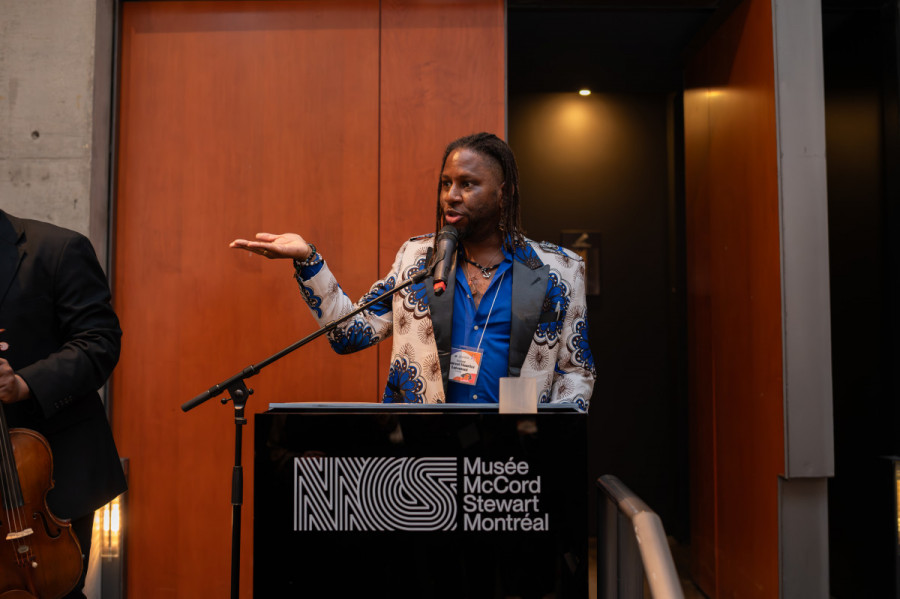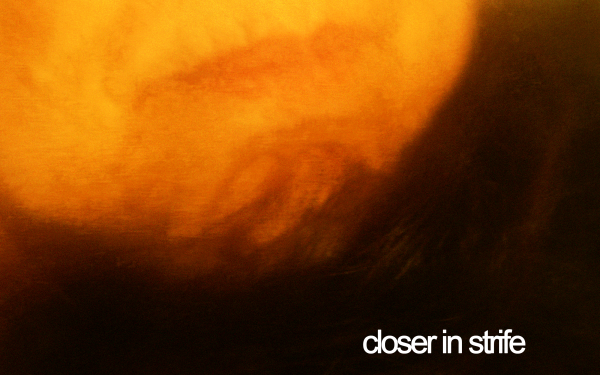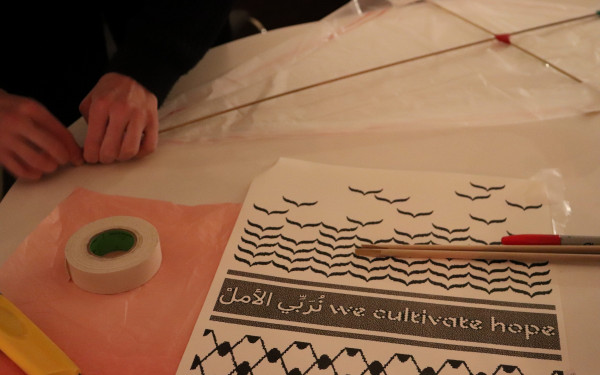Massimadi Festival celebrates LGBTQ+ Afro cinema and arts
Festival returns for its 16th year, showcasing world films under the themes of revival and resilience
The 16th edition of the Massimadi Festival did not shy away from navigating difficult subjects on screen while also leaving space for joyous celebration.
The festival ran from Oct. 23 to Oct. 27 across Montreal neighbourhoods, including Plateau-Mont-Royal, Downtown Montreal and Little Italy. Under the tagline Revival and Resilience, the festival showcased LGBTQ+ Afro cinema and other art forms such as paintings, ceramics, textile art, voguing and drag performances.
“We’re breaking doors; we’re letting people talk,” said Naomie Caron, general manager of the Massimadi Foundation and Festival. “Everything is coming out without filters.”
Caron explained that the process of moving through pain and suffering tied to movements like Black Lives Matter and Me Too must also focus on healing.
“So it's kind of chaotic, and I think right now we need to balance out and to get out of the pain and suffering,” Caron said. “We have to focus on the healing journey now and the beauty and the good and get together and see the light at the end of the tunnel.”
Thursday, Oct. 24, was the Quebec premiere of feature film I Don’t Know Who You Are (2023) by M.H. Murray. The film follows Benjamin, a Toronto-based, working-class gay Black man who fights to access preventative HIV treatment following a sexual assault. It was presented as part of Lumières sur le Canada at Cinéma Public in Little Italy. About 50 attendees filled the small screening room to see Murray’s work, as well as two Canadian-made short films that preceded it: “Still Water” (2024) by Katia Café-Fébrissy and “Outside Center” (2023) by Eli Jean Tahchi.
A discussion followed, led by Massimadi Foundation president Laurent Maurice Lafontant; Steve Bastien, a psychosocial counsellor at community organization RÉZO; and Mike Gerembaya, an intervention worker at Portail VIH/Sida du Québec. They discussed I Don’t Know Who You Are’s depiction of access to PrEP (pre-exposure prophylaxis), the HIV prevention method for people who are HIV-negative.
Bastien explained how, for some in Quebec, including new arrivals and asylum seekers who lack access to the Québec Health Insurance Plan (RAMQ), the film’s depiction of barriers is “hyper-realistic.” He noted the social isolation experienced by many Black gay men and other Afro-descendant men as a potential factor in higher HIV rates among Black men in North America.
“We can live with HIV, we can be loved and we can love,” Bastien said. “Whether you're HIV-positive or negative, love is possible.”
Massimadi also featured a pop-up market on Saturday and Sunday, celebrating Afro-LGBTQ+ artists at Le Livart in the Plateau-Mont-Royal. Artists included Léa (Lélé) Lagier, who presented their raZyé exhibition of analogue landscape photography; Lourdenie Jean’s (Nini’s Playground) painting series; and Aude Simon’s textile artworks.
Multidisciplinary artist Kezna Dalz carried out a “live painting” performance over the course of two hours, creating a vibrantly coloured painting with acrylic paints in the main space of Le Livart, while DJ Sam performed. The Saturday iteration of the pop-up was followed by a Cabaret Massimadi with a Halloween theme that lasted until 2 a.m., including performances such as Léo Pilote’s acrobatics, and DJ BlackGold’s voguing and waacking performance.
“The mission of Massimadi is of course to show those stories, but also support these artists and help them live from their art,” Caron said.
Jasmine Emene, an engineer from Laval, attended Massimadi’s opening night and the screening of Anthony Chen’s Drift at the McCord Stewart Museum.
“[The films] awaken a certain part of ourselves,” Emene said. “What we see is like tenderness between two people, and one person’s patience in front of another person’s trauma. […] It's just beautiful.”





_1_600_375_90_s_c1.jpg)
_600_375_s_c1.png)
